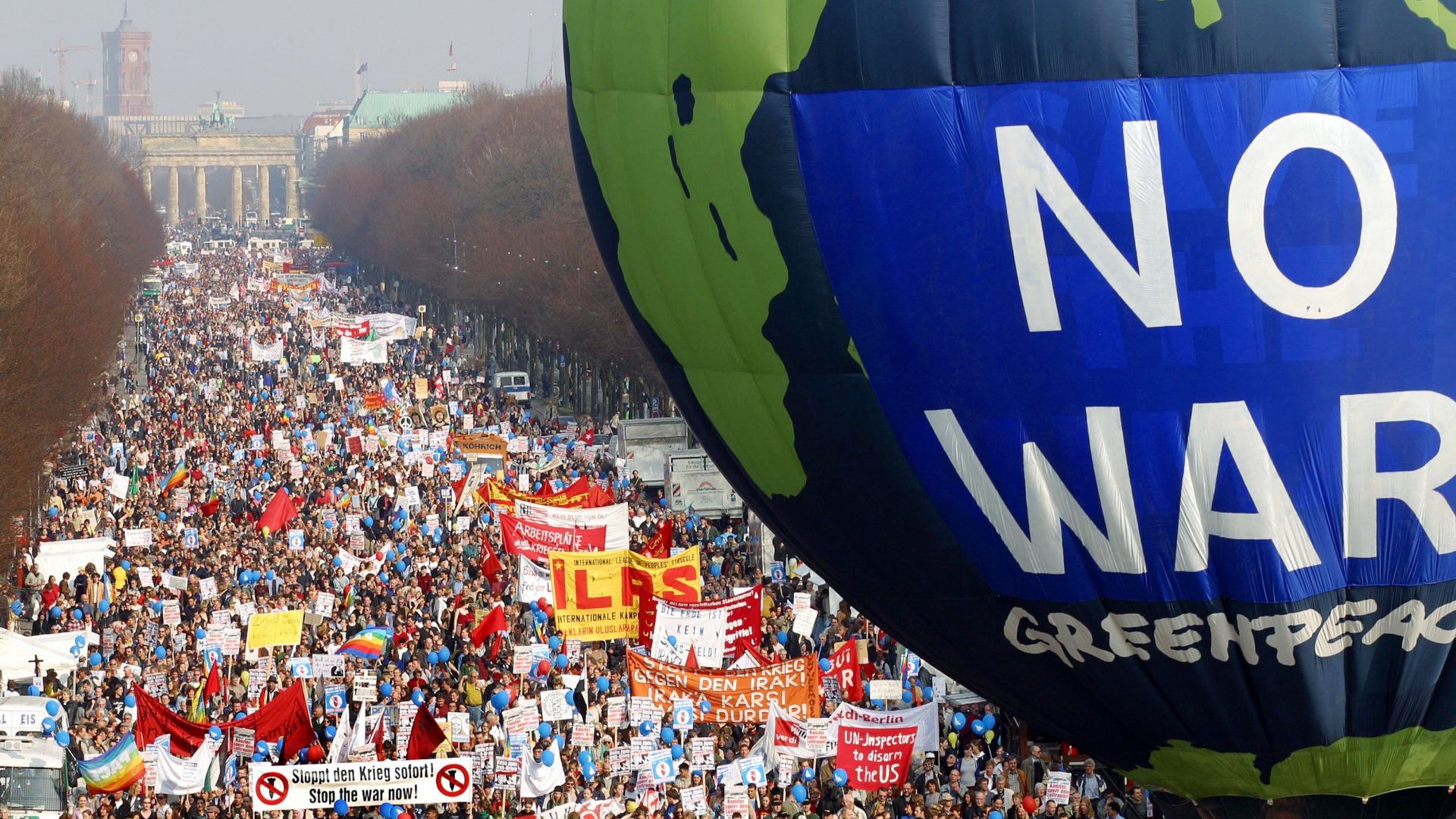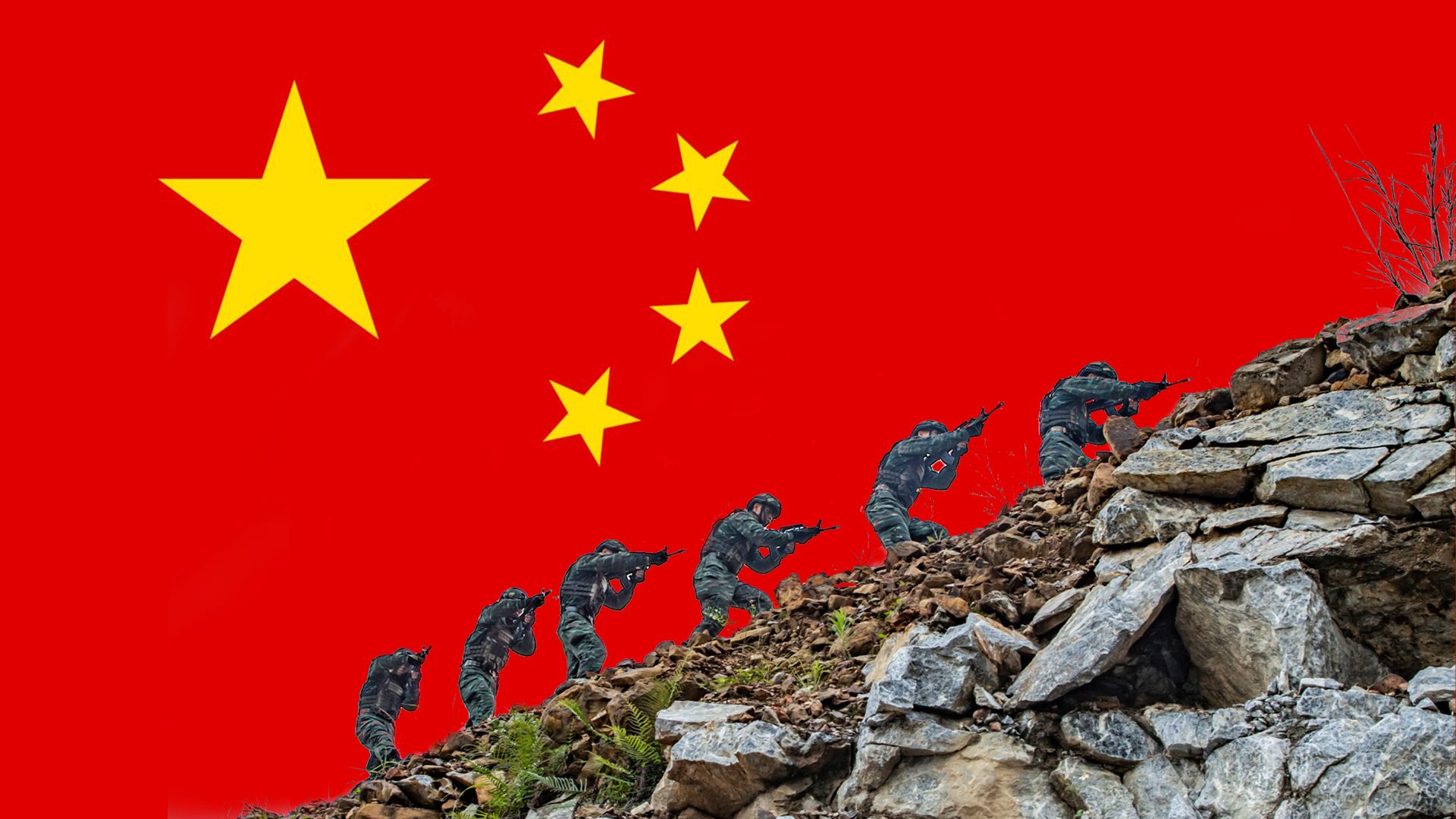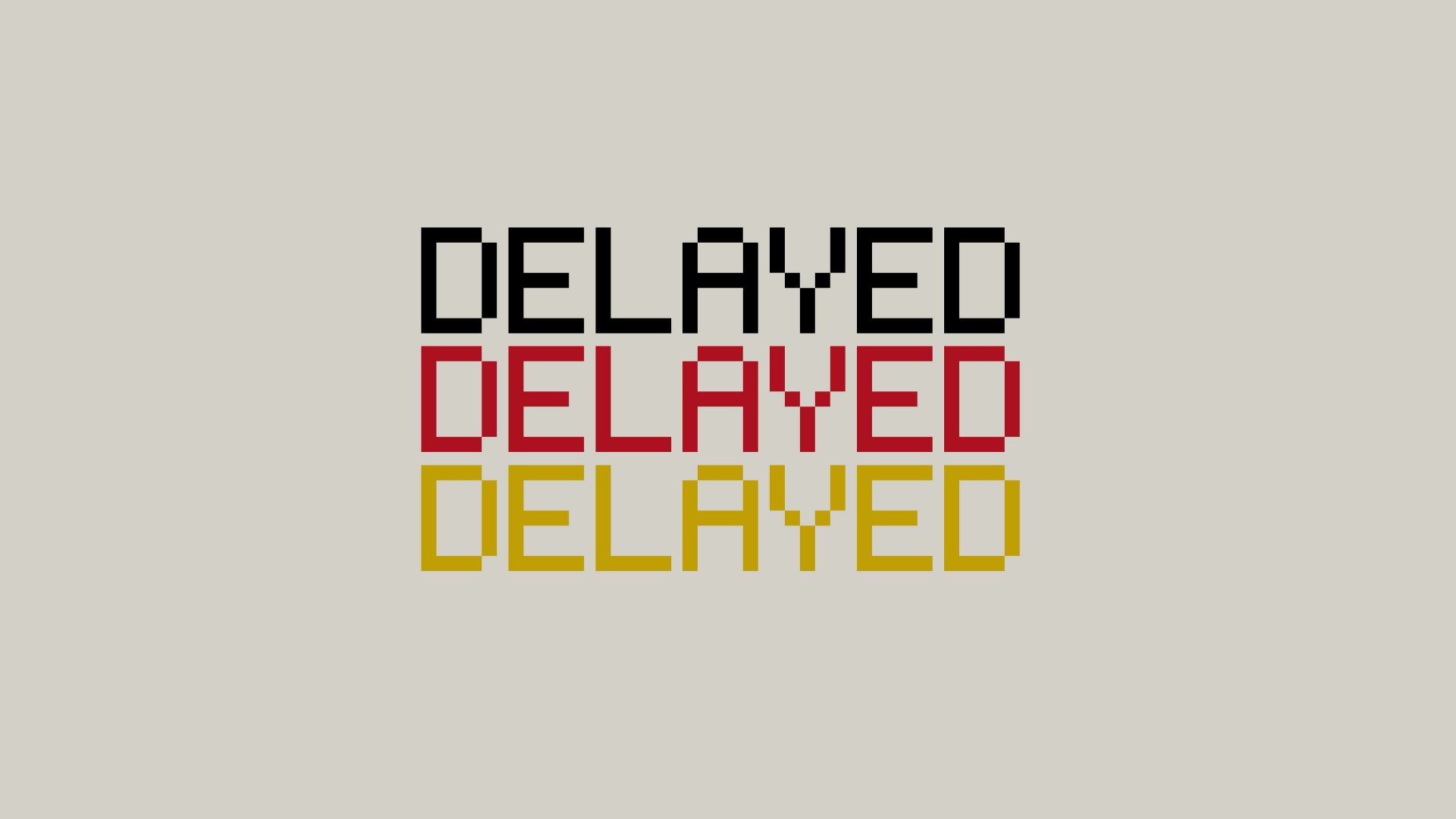As the war began in Ukraine, it was the obvious question for ordinary Germans to ask. After all, the fighting, death and destruction is only one long day’s drive from Berlin.
“What would you do if there was war here?” a German doctor asked online. “Fight? Flee? Or hide?”
Hundreds of Germans on Twitter replied. “It’s so hard to answer that question,” one respondent agonised. “I was never in danger. I only know freedom and security.”
“The national pride in Ukraine is remarkable,” wrote another. “But since I was born I have only ever heard about the many shitty things my own country has done.”
“I’d probably run away,” an acquaintance in his 40s said, after contemplating the same question, over coffee in central Berlin. He’s a graphic designer now, but was old enough to have served in the military for a year; Germany only ended compulsory military service for young people in 2011. “Because I was in the army when I was 19, they’d probably make me fight,” he said. “I’d rather go to Spain.”
Karl Schlögel, a historian who specialises in German-Russian relations, summed it up in an interview with German media: “Is this country ready to defend the way of life it has constructed? And what does ‘defend’ mean, when that way of life is endangered?”
Recently a letter addressed to the German chancellor, Olaf Scholz, signed by 28 well-known Germans, including prominent feminist Alice Schwarzer, seemed to indicate the country was not. Although the letter writers agreed that it was right and proper “not to retreat from aggressive force without a fightback”; they also called upon German leadership to work towards “ compromise that both sides can accept”; in order to save further lives.
The letter caused outraged debate and Ukrainians to complain that Germany just wanted them to surrender so they could go back to business as usual.
It’s true that in recent decades, Germans have generally been more reluctant to take up arms than other Europeans. A 2015 poll by Gallup, conducted on the centenary of the first world war, found that only 18% of Germans would be willing to fight for their country, compared with 27% of the British and 29% of the French.
A more recent survey, undertaken in Germany shortly after Russia invaded Ukraine, reported that 29% of Germans would now be willing to fight if they were attacked. But slightly more – 35% – still wouldn’t. A further third didn’t know or didn’t answer.
Reluctance to fight is deeply ingrained in contemporary German culture. Pacifism is part of the country’s modern constitution, the so-called Basic Law. First composed in May 1949, Article 26 says that any acts that disturb “the peaceful relations between nations, especially to prepare for a war of aggression,” are unconstitutional.
All this was the result of a nation coming to terms with the horrors it had committed during the second world war. Then, during the cold war, the US acted as enforcer while European nations, including Germany, projected soft, civilian power. After 1989, when the Berlin Wall came down, spelling the end of the Soviet Union, Germans felt safer than ever.
“For the first time in its history, Germany is surrounded by friends,” the then president, Johannes Rau, said in 2002. “Two generations have grown up here in freedom and prosperity.”
A world without war is clearly a noble ambition but over time, the political culture around German pacifism has mutated, Germany’s critics say. Today, German pacifism has become an excuse, a way for privileged, well-off Germany to duck its responsibilities and cultivate misplaced moral superiority, they argue. This mutation has been described as everything from “strategic dwarfism” to learned helplessness and “German exceptionalism”.
“It was drummed into the Germans for decades. You know, that Germany was defeated, divided and should never be able to go to war again,” explains Kristina Spohr, a professor specialising in Germany’s postwar history at the London School of Economics. “So there was this idea that we will not get involved and it’s much nicer not to get our hands dirty. But that also became an abdication of responsibility. And you can’t just talk about norms and principles, then run away.”
Opinion polls about attitudes to German military show how all this translates into what many ordinary Germans now think about “fighting for your country”.
In surveys conducted between 2010 and 2020 by the army, public attitudes towards it were overwhelmingly positive in many ways.
Soldiers have regularly helped after natural disasters, during the Covid-19 pandemic, and have served in multilateral overseas missions, more commonly in non-combat roles. Over the past decade, the majority of Germans regularly approved of all that.
However, when the same researchers asked if the army should also be used as a tool of German foreign policy, only around a third of people said yes.
In Germany, “there’s no ‘thank you for your service, for protecting my country, my freedoms, my economy’,” explains Jana Puglierin, an expert on defence policy and head of the Berlin office of the European Council on Foreign Relations, or ECFR.
“In Germany, you find a society that is accustomed to what we call the peace dividend,” Puglierin continues. “Most people in Germany did not previously feel threatened, including by Russia. I remember having conversations where people were really bewildered about why I thought that the world was such a dangerous place.” Some Germans didn’t even think they needed an army, she says.
German soldiers should “look as much like civilians as possible and, under no circumstances, should they shoot,” Sönke Neitzel, a professor of military history at the University of Potsdam, commented recently in a local newspaper. They are seen as “armed social workers”, he complained.
All this has an impact on how Germany reacts to conflict. And up until now the country has been mostly reactive with regard to policy on the Ukraine war, Spohr observes.
“But what would it mean if there were Russian tanks rolling into your front garden?” she asks. “It would be a completely different matter. I think if Germany were attacked, the percentage of people willing to defend their country would be much higher. Because then it’s about the existence of your state.”
“The [German] attitude will change if the need becomes greater,” agrees Florian Schöne, a visiting fellow at the German Institute for International and Security Affairs and a lieutenant colonel in the German army. “Germans are often at their best when facing a crisis,” he told The New European. “The pandemic showed this again. Most Germans… are ready to face tough realities and restrictions for the good of their neighbours, their nation and for Europe.”
The big problem for the German military will be knowing exactly when to act, John Raine, a senior adviser for geopolitical due diligence at the International Institute for Strategic Studies in London says. If Russian tanks roll over the border, it’s clear. But what if it’s a different sort of aggression? “That’s a problematic area for the whole of Nato, and particularly for Germany,” Raine argues. This is because Germany lacks what Raine describes as a “robust defence culture”. Its army does not have what’s known as a good “state of readiness” either. Those things “have weakened significantly over the past few decades,” he says.
Schöne confirms this. “Threat perception decreased over decades and as a result, much has been lost,” he says. “There is a lack of mental preparation. How many people have a 10-day supply [of emergency stores]? Who knows the siren signals? Do the sirens even exist anymore?”
That’s another big difference between Ukraine and Germany: the Ukrainians have been preparing for war with Russia ever since their perpetually threatening neighbour annexed Crimea in 2014.
Computer models predicted a Russian victory over Ukraine within 72 hours, the commander of the US Marine Corps recently told an American military magazine. But the models didn’t account for “the [Ukrainian] fighting spirit”, General David H Berger told the online publication Breaking Defence.
Would Germans possess a similar fighting spirit, after all these years of self-deprecation, privilege and ignoring their army?
Schöne believes that media coverage of Ukraine is raising German awareness of the importance of an army and what it actually does, beyond helping in a flood or pandemic. Attitudes are changing, he says. And although morale and the will to fight are factors, he notes, “these do not work miracles. Suitable equipment and training are also needed.”
On a fateful Sunday afternoon in late February, shortly after Russia invaded Ukraine, chancellor Scholz made this clear when he outlined a plan to start spending much more on the German military. “It is clear that we must invest much more in the security of our country in order to protect our freedom and our democracy,” he said.
Spohr agrees. “And I think that is very, very important,” she says. “We are actually defending what I would call a European order. It’s not just about power politics. We are defending the principles, values and international organisations that the countries of what we call the West have signed up to. That’s why we have to take it seriously when both China and Russia declare ‘liberalism obsolete’ and are pushing for what [Russian foreign minister] Sergey Lavrov calls a ‘post-West’ world order.”
But maybe the way the Ukrainians are fighting isn’t even about that. Nor, perhaps, is the question of whether Germans would fight that way too if they had to.
“Fighting for abstract principles is always more difficult,” explains Raine, who has worked with the British military. “It’s really hard to see how people in open societies with high levels of affluence would be willing to fight.”
Will individual Germans fight in the streets, and make the same sacrifices as the Ukrainians?” he asks. “Those [sacrifices] are only made when you’re fighting a war of survival. It takes fear of losing everything to make people fight like that.”
Cathrin Schaer is a freelance journalist based in Berlin



